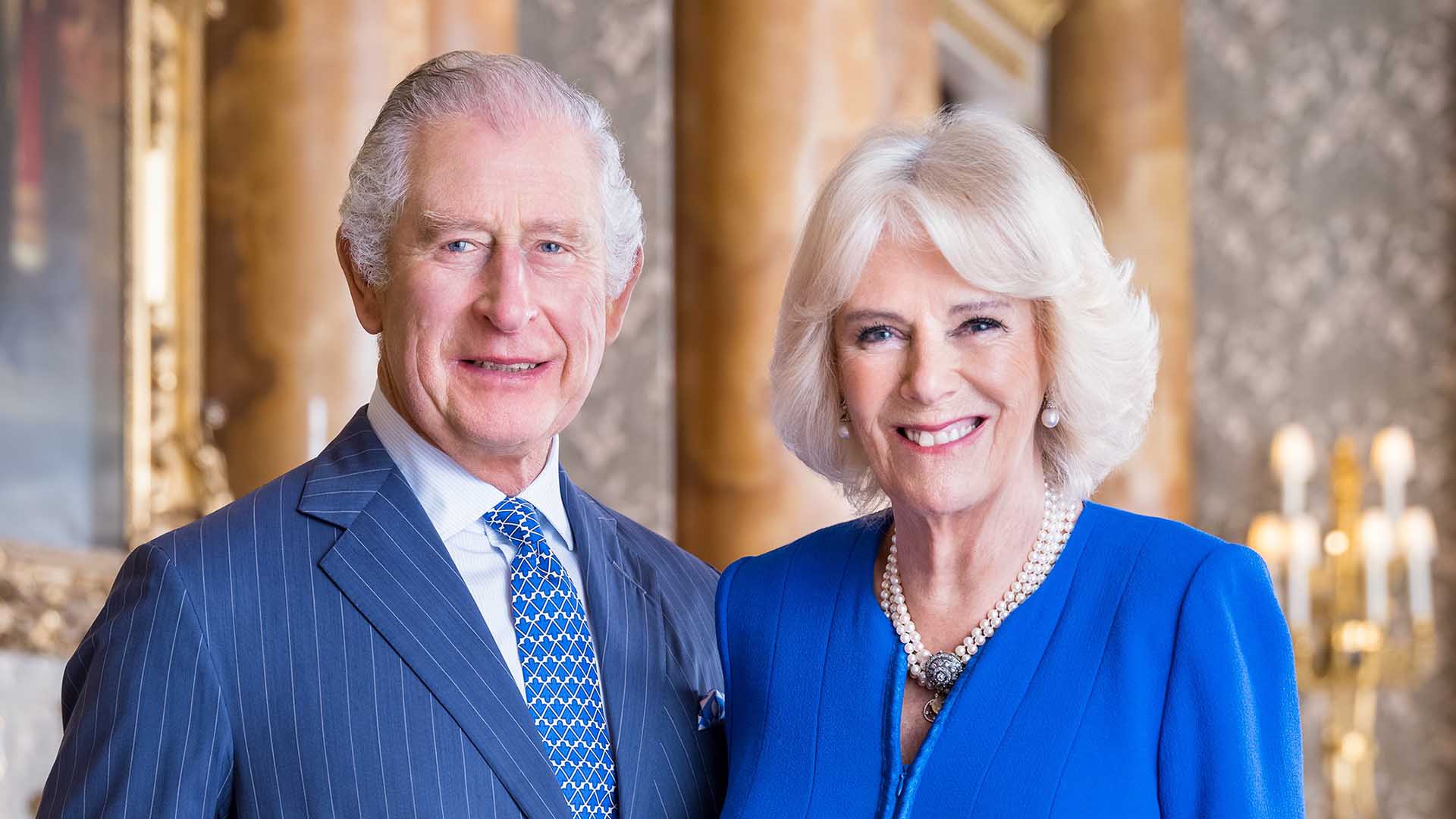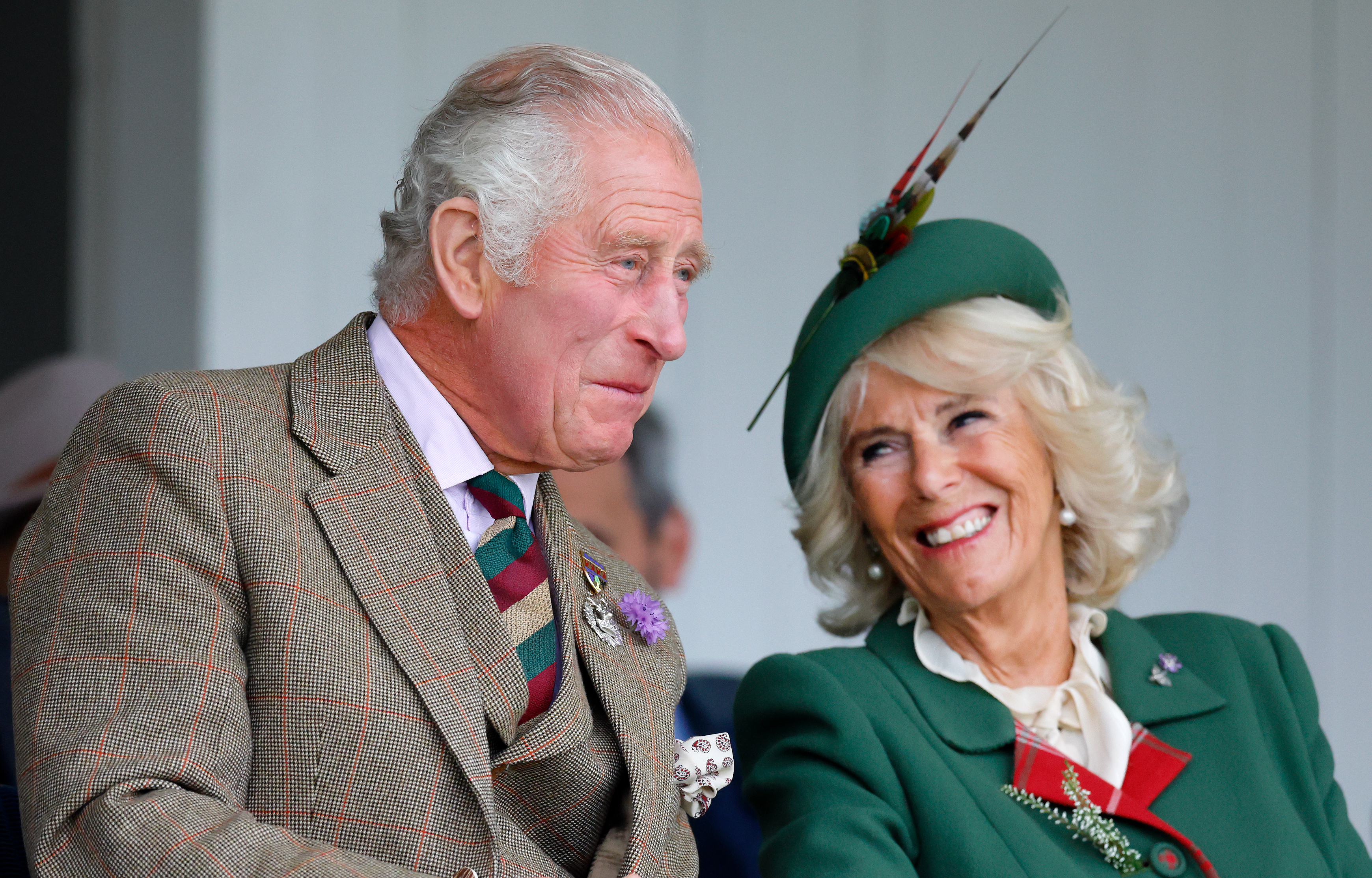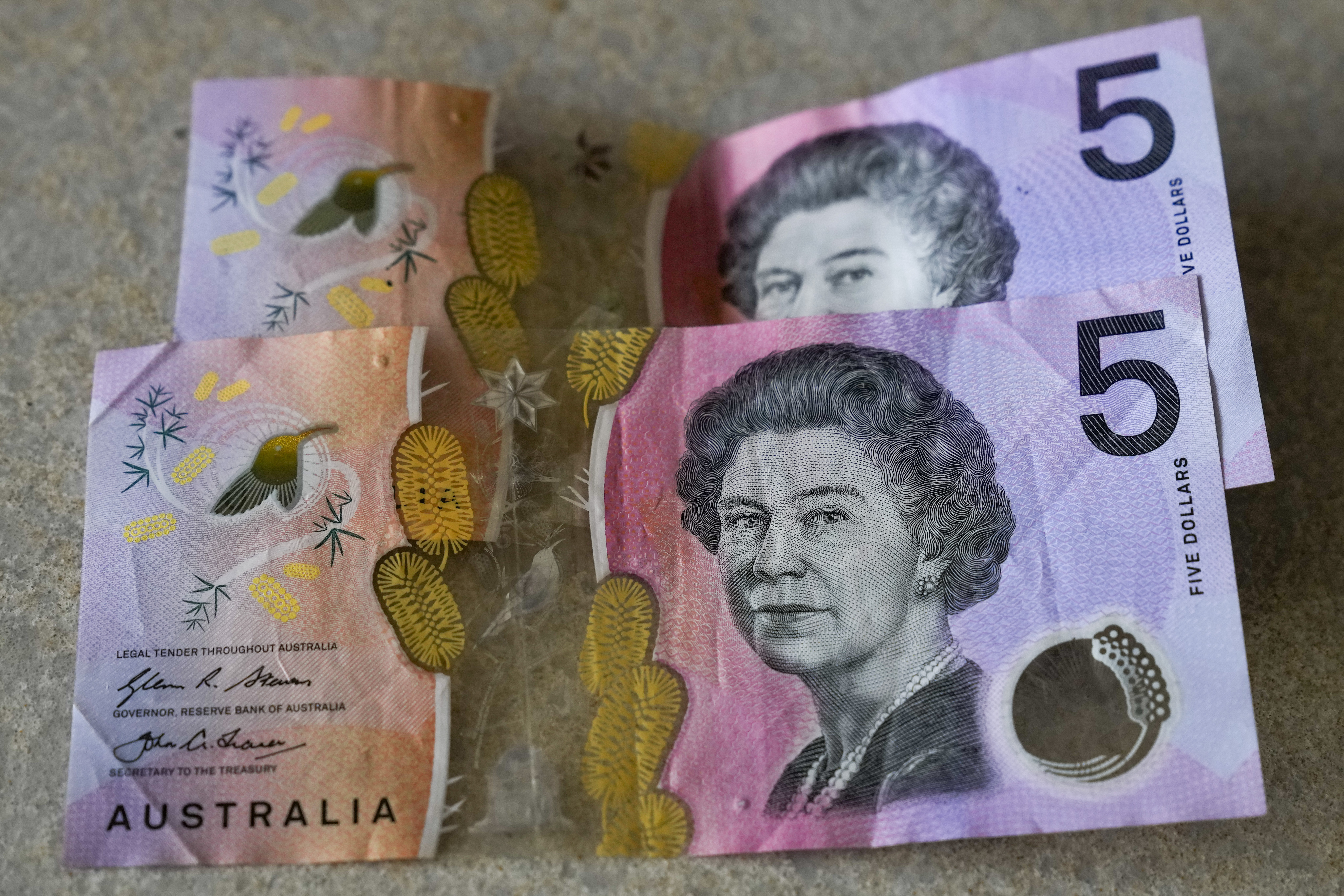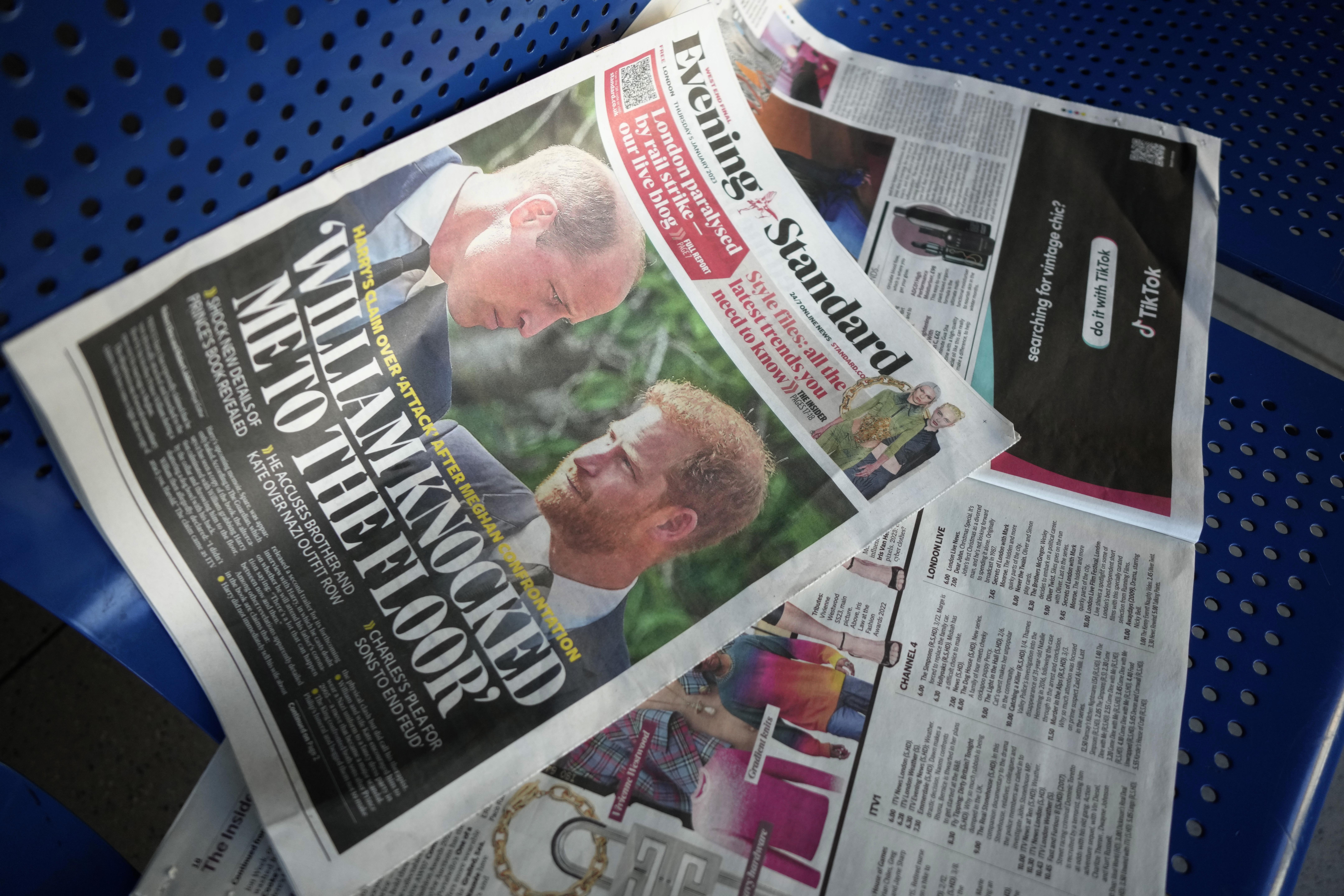
When Camilla, Britain's queen consort, is crowned alongside her husband next week, the moment will mark the culmination of a remarkable - and painstakingly slow - transformation over five decades of a figure once reviled as the other woman and considered a huge liability to the British monarchy.
With the coronation of King Charles III days away and his first seven months on the throne under his belt, many in Britain have grown to accept Camilla, though some experts and observers say she will always walk in the shadow of her past.
“Without really trying too hard, but just by giving it time and going gently, gently, she has managed to show people the real person that she is — that she’s not this villainess, and that she’s there to do the hard work,” said Ingrid Seward, editor-in-chief of Majesty magazine. “But the most important thing about Camilla is the way she appears to support her husband and back him up.”
Camilla, 75, was mercilessly torn apart by the tabloids for years. Seward said she earned respect by putting her head down and steadily getting on with her duties. She's won over much of the British public with her down-to-earth personality and her charitable work, notably against domestic violence, rape and sexual abuse — causes she says she'll continue to support as queen.
But some say she'll never fully shake her reputation as the third person in the marriage between Charles and Princess Diana.
“I would actually argue that she still is the other woman, and probably will remain the other woman," said Arianne Chernock, a professor specializing in modern British history at Boston University. “Diana will very much be a presence in the room in Westminster Abbey in May 6 — I think it’s hard not to see her when you look at Charles and Camilla.
“And the challenge remains even going forward, even as Queen Camilla, which at one point would have been unthinkable."
Camilla Rosemary Shand — born July 17, 1947 to a family with long links with Britain’s royal family — reportedly first met Charles at a polo match in 1970, when she was 23. The pair quickly became close, but their romance was interrupted when Charles went on naval duty.
In his absence, Camilla married her longtime boyfriend, army officer Andrew Parker-Bowles, in 1973. Charles married Diana in 1981. In the early ′90s, Diana went public with her resentment of Charles and Camilla’s relationship. The sensational details that followed caused an embarrassing scandal for the royal family.
Camilla and her husband divorced in 1995, shortly after Charles gave an explosive television interview admitting the affair. Charles and Diana divorced the following year. In 1997, Diana died in a car crash; a global outpouring of grief followed. Camilla and Charles waited until 2005 to marry in a private civil ceremony.
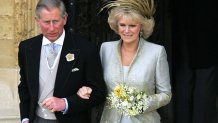
Mindful of lingering public hostility toward Camilla, palace officials cautiously managed her public appearances over the decades. Camilla made dozens of official visits with charities each year, and her warm personality and ease at connecting with people no doubt helped her image makeover; those who've met her often describe her as warm, unstuffy and likeable.
“When you meet her, she doesn’t appear to be aloof in any way whatsoever,” Seward said. “She’s just always the same as she was. And I think this is one probably one of her biggest assets.”
Sensitivity about Camilla's status as Charles' second wife long made the question of what title she'd hold when he became king a subject of contention. Queen Elizabeth II settled the matter last year, when she gave the blessing for Camilla to be known as queen consort. The endorsement was widely seen as a formal sign that the royal family had finally accepted Camilla as a respected senior member.
Earlier this month, Buckingham Palace’s official coronation invitations referred to Camilla as “Queen Camilla” for the first time. Queen consorts do not formally share the sovereign’s powers, and dropping the “consort” part of the title won't change that. Nonetheless, the change marked another step in Camilla’s long road to rehabilitating her image.
But the change in her title “does not necessarily suggest full public approval,” Chernock said. “Camilla, regardless of what she does, will always be divisive.”
In March, Camilla dazzled crowds at her first state visit as queen consort, donning a diamond tiara belonging to the Queen Mother and a diamond necklace from Elizabeth II for a state banquet in Berlin.
Her image makeover hit a snag when her stepson, Prince Harry, stirred up old grievances and painted her as a schemer who played “the long game," with a campaign aimed at “marriage and eventually the crown.”
In his memoir “Spare” and in interviews promoting the book, Harry accused Camilla of trading private information about him and others to the media as part of a drive to forge friendly relationships with journalists and improve her reputation.
Harry said he and his elder brother, Prince William, had urged their father not to marry Camilla, but both reluctantly accepted her into their lives.
Camilla’s son, Tom Parker Bowles, hit back at Harry’s claims last week: “I don’t care what anyone says – this wasn’t any sort of end game. She married the person she loved and this is what happened.”
Camilla rarely speaks about her private life. In an interview with British Vogue last year, she acknowledged she was "scrutinized for such a long time that you just have to find a way to live with it.”
“Nobody likes to be looked at all the time and, you know, criticized,” she said. “But I think in the end, I sort of rise above it and get on with it."
She focuses her energy on the causes she champions: promoting children's literacy and animal welfare, and speaking out about domestic sexual abuse and gender-based violence.
Chernock said that while Camilla and Charles' relatively advanced years mean they have limited scope to reshape perceptions of the monarchy, it isn't too late for her to tackle more complex topics and win wider respect.
“She has this incredible opportunity in front of her, this tremendous platform," she said. She suggested the pair could “provide a space for some of the more challenging conversations that not just Britain, but global audiences want the royal family to be having right now — especially questions about legacies of racism, slavery, elitism.”
But Seward believes that may be too ambitious for a woman she believes never envisioned becoming queen.
“She’ll carry on with all these charities, but she’s going to get bombarded with a lot more,” she said. "She won’t be able to be too outspoken and won’t really want to be because, you know, everybody that cares knows what she thinks already.
“She'll just get on with it. And that is really her mantra."

